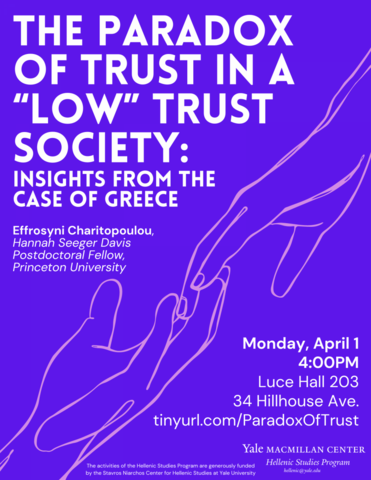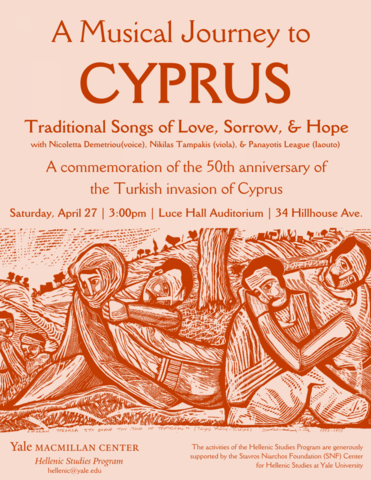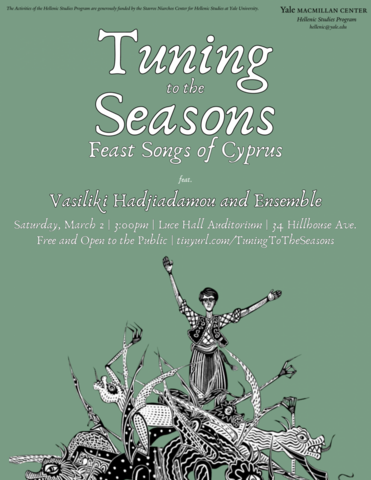Join Eric Karpeles and Alissa Valles for a discussion of the Polish painter and writer Józef Czapski: his life, his work, and the remarkable range of poets he inspired. Karpeles and Valles are the translators of the NYRB Classics titles Lost Time: Lectures on Proust in a Soviet Prison Camp and Memories of Starobielsk: Essays Between Art and History, respectively, both of which collect Czapski’s critical writing, authored either about or during his internment in a Soviet Prison Camp between 1939 and 1941.
Eric Karpeles is a painter, writer, and translator. His comprehensive guide, Paintings in Proust, considers the intersection of literary and visual aesthetics in the work of the great French novelist. He has written about the paintings of the poet Elizabeth Bishop and about the end of life as seen through the works of Emily Dickinson, Gustav Mahler, and Mark Rothko. He is also the author of Almost Nothing: The 20th-Century Art and Life of Józef Czapski from New York Review Books.
Alissa Valles is a poet, translator and scholar of Polish and Russian literature who has worked for the BBC Russian Service, Institute of War Documentation in Amsterdam and Jewish Historical Institute in Warsaw, and teaches at Boston University and Mt Tamalpais College. Most recently she published the poetry collections Anastylosis (with A. Ayerbe and C. Leproust, Whitechapel Art Gallery), Hospitium and a selection of Zuzanna Ginczanka’s poetry, Firebird (NYRB). Forthcoming in 2024 are Oho by Miron Białoszewski (with C. Cavanagh, NYRB) and a Selected Poems of Zbigniew Herbert (with J.M. Coetzee, Penguin Modern Classics). She has been the recipient of awards for poetry and translation from the Poetry Foundation, the National Endowment for the Arts and the Modern Language Association.
Sponsors:
Yale Translation Initiative (MacMillan)
Whitney Humanities Center
European Studies Council (MacMillan)
Russian, East European, & Eurasian Studies (MacMillan)
The Department of Slavic Languages and Literature





